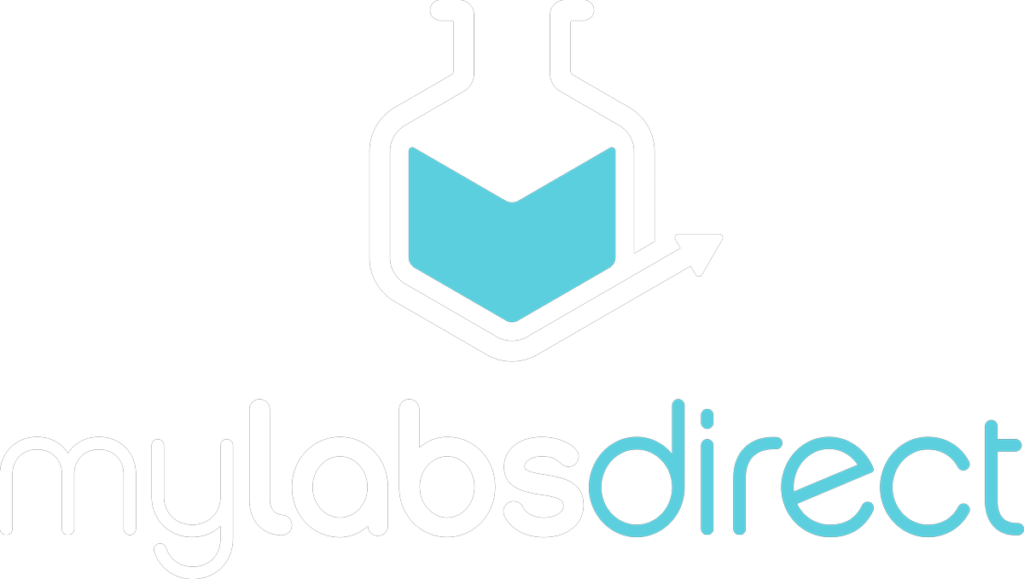Unveiling the Power of White Labeling: Unlocking Growth and Success

In today’s competitive business landscape, standing out from the crowd and offering unique products and services is paramount. White labeling has emerged as a powerful strategy that enables businesses to differentiate themselves, expand their offerings, and drive growth. In this blog post, we will explore the importance of white labeling, highlighting the numerous benefits it brings to businesses and their customers.
1. Enhancing Brand Visibility and Recognition:
White labeling allows businesses to leverage their brand identity and establish a stronger presence in the market. By offering white-labeled products or services, companies can place their logo, brand name, and design elements on the products, creating a seamless brand experience for customers. This enhanced visibility helps build brand recognition and loyalty, fostering trust and long-term customer relationships.
2. Accelerating Time-to-Market:
One of the key advantages of white labeling is the ability to bring new products or services to market quickly. Rather than investing time and resources in developing a product from scratch, businesses can collaborate with white label providers who have already developed high-quality solutions. This agility enables companies to enter new markets, launch new offerings, or expand their product portfolio rapidly, gaining a competitive edge.
3. Cost-Efficiency and Resource Optimization:
White labeling offers a cost-effective solution for businesses, particularly startups or small and medium-sized enterprises (SMEs). Instead of investing in extensive research, development, and production processes, companies can leverage existing products or services through white labeling arrangements. This approach eliminates the need for significant upfront investments, reduces operational costs, and allows businesses to allocate resources to other critical areas such as marketing and customer acquisition.
4. Focus on Core Competencies:
White labeling empowers businesses to focus on their core competencies and strengths while outsourcing non-core functions. By partnering with white label providers, companies can tap into the expertise and resources of specialized professionals,
allowing them to allocate their internal resources more efficiently. This strategic alignment enables businesses to deliver exceptional products or services while maintaining their focus on innovation, customer relationships, and business growth.
5. Customization and Flexibility:
White labeling offers businesses the flexibility to customize products or services according to their unique requirements and target audience. Companies can collaborate with white label providers to tailor the product features, packaging, branding, and even pricing to align with their brand positioning and customer preferences. This customization capability allows businesses to create a differentiated offering that meets the specific needs of their target market.
6. Expansion Opportunities and Market Reach:
White labeling opens doors to new opportunities for business expansion and market reach. By incorporating white-labeled products or services into their portfolio, businesses can extend their offerings to new customer segments or enter new geographic markets without significant investments in infrastructure or product development. This expansion potential helps businesses diversify their revenue streams and tap into untapped markets, driving overall growth and profitability.
White labeling presents a valuable strategy for businesses looking to differentiate themselves, accelerate growth, and optimize resources. By leveraging white label products or services, companies can enhance brand visibility, accelerate time-to-market, optimize costs, focus on core competencies, customize offerings, and expand market reach. Embracing the power of white labeling empowers businesses to stay competitive, meet customer demands, and unlock new avenues of success. Consider the benefits of white labeling and explore partnerships with reputable white label providers to propel your business to new heights of growth and profitability.
Note: The information provided in this blog post is for educational purposes only and should not replace professional business advice. Always conduct thorough research and consult with industry experts before implementing white labeling strategies in your business.

